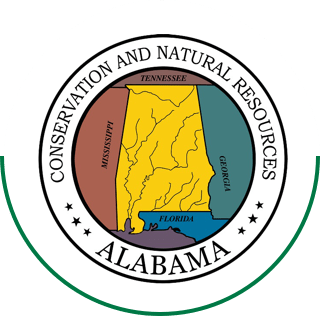Alabama State Parks offers many things to learn about and explore, and our interpretive programs and educational training opportunities are here to help you dive right in!
Education
Learn more about our calendar of interpretive programs made with everyone in mind at Alapark.com/events!
Park naturalists are ready to share information about Alabama's natural history and cultural heritage. Programs vary by park and include experiential hands-on field trips, unique educational programs in the parks, summer camps, and outreach programs.
For more information about K-12 Field Trips and other educational opportunities in all Alabama State Parks, check out the Alabama State Park Events Calendar for upcoming programs and sign up for field trips here.
Natural Resources
From the lower Appalachian Mountains to the Gulf Coast, Alabama is home to the fourth-largest number of plant and animal species in the United States. The state's geologic variety, widespread water resources, and suitable climate all contribute to its biodiversity. You have to experience it firsthand in Alabama State Parks!
For those who wish to use Alabama State Parks as field laboratories to conduct research: Use this research form for approval. Return completed application, project proposal, and curriculum vitae to: Alabama State Parks, ATTN: Natural Resource Section, 64 N. Union Street, Suite 520, Montgomery, AL 36130-1452, or email the complete application to our Chief of Natural Resources.
In every season, our Alabama State Parks team members are here to help you navigate a lifetime of learning in the parks!
